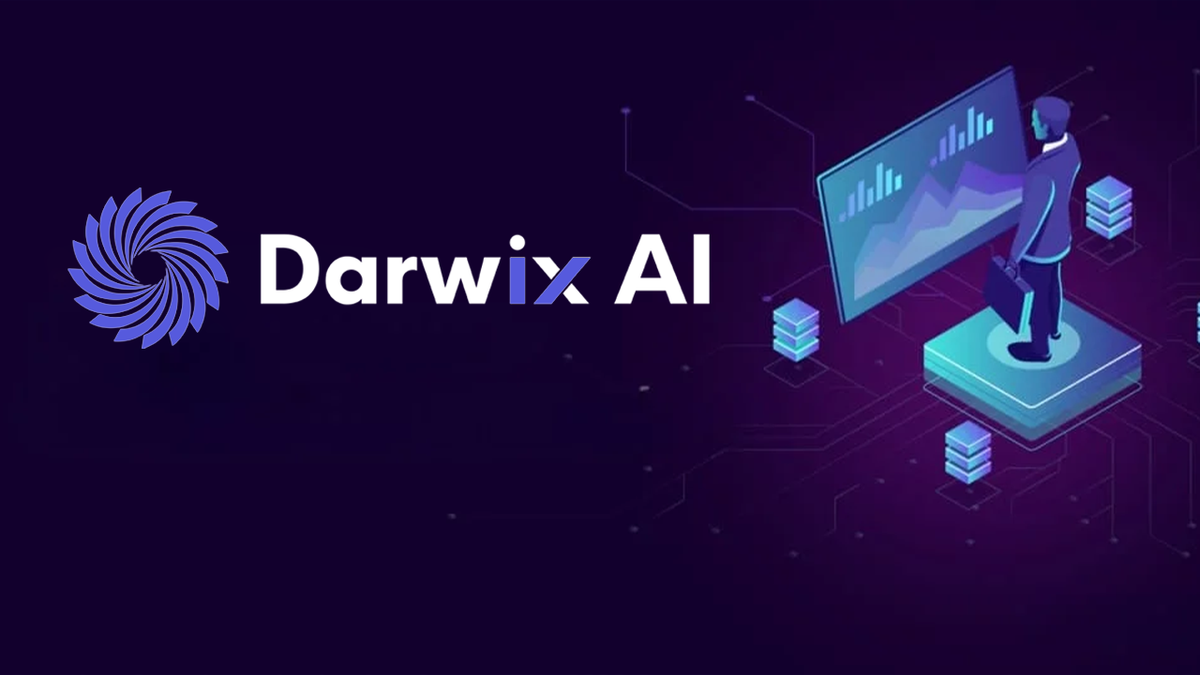Impact of AI Code Assistants on Software Engineers
A highly discussed Reddit post is igniting debate within the developer community about the future of AI code assistants like GitHub Copilot. The key question under consideration is whether these tools will eventually replace software engineers or merely redefine their professional responsibilities.
The initial post, shared within a technology-centric subreddit, draws a comparison between AI-assisted programming and the long-standing efforts to develop self-driving vehicles. The poster expressed a historically pessimistic viewpoint on this subject but remarked that they are increasingly convinced that AI code assistants will mirror the progress of self-driving cars, advancing to 95% functionality but stalling at that point for an extended period—suggesting that the final 5% is crucial.
The user envisioned a transformation in the functions of developers, stating that their tasks might shift predominantly to reviewing small sections of AI-generated code and making necessary adjustments. While this change could diminish the demand for software engineers in certain settings, they suggested it might simultaneously give rise to new roles, particularly as more non-technical individuals attempt to create software using AI, which may produce unreliable results.
A highly-rated response from a self-identified software engineer supported these views, acknowledging the advantages of these tools while also stressing their constraints. The individual noted that while AI tools like Copilot can manage up to 80% of responsibilities at work, completing the remaining 20% remains significantly more challenging. They mentioned that even after refining their prompts multiple times, they often had to take control of the situation.
This commenter pointed out that the aspiration to entirely replace software engineers through AI is still a distant goal, especially since AI needs to comprehend unclear or intricate directives from non-engineers. They remarked that having AI take over software engineering would necessitate it successfully executing the most complex 20% of tasks consistently, accurately, and as articulated by individuals who lack engineering backgrounds, which seems implausible.
Instead, they described AI tools as “force multipliers,” enhancing the efficiency and productivity of seasoned developers. The commenter illustrated this by explaining that previously, when they encountered niche problems, they would sift through numerous StackOverflow threads. Now, with AI assistance, they can pinpoint issues considerably faster.
Additionally, they drew a comparison to another technological paradigm shift: “Excel served as a force enhancer for accountants; it did not eliminate the need for accountants. Presently, there are more accounting opportunities than ever before.”
Most importantly, they highlighted the substantial backlog of technical debt present in enterprise software systems. They pointed out that major corporations are inundated with trillions of hours of technical debt. If employees become more efficient, it would be advantageous for companies to leverage these more proficient employees rather than letting them go.
This discourse signifies an emerging consensus within the tech industry: while AI is rapidly altering the processes by which software is developed, assessed, and fixed, it is unlikely to completely displace the engineers who operate the systems—at least in the near future. Instead, it is heralding a new phase of augmented development, where factors like speed and problem-solving prowess may become increasingly vital.







